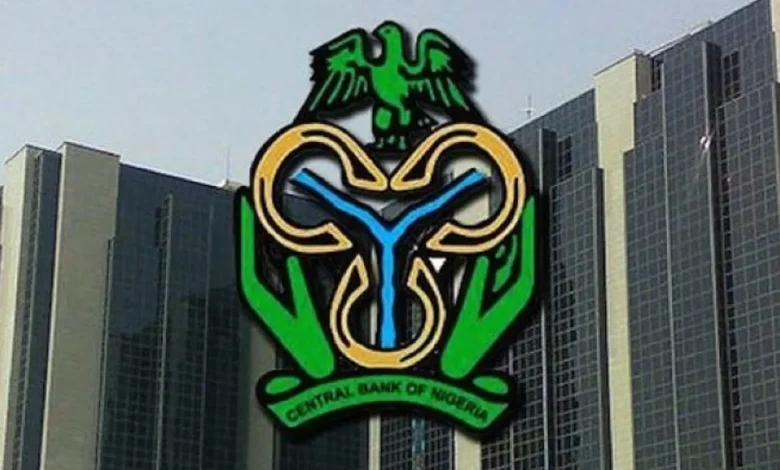
The Ministry of Industry, Trade & Investment has announced that it is working closely with the Central Bank of Nigeria (CBN) to create a more conducive environment for exporting, with a focus on meeting the needs of local manufacturers. This collaboration aims to streamline regulatory frameworks and improve policies to encourage exporters to bring their proceeds back into the Nigerian economy, ensuring a sustainable flow of foreign exchange.
The Minister of Industry, Trade & Investment Jumoke Oduwole, spoke about the direction of the ministry’s policy, assuring manufacturers that the country’s free trade zones are designed to boost exports without negatively impacting local industries. She emphasized that these zones are not meant to harm manufacturers but to accelerate export activity and drive economic growth.
Addressing concerns raised by local stakeholders, Oduwole explained that some players in the free trade zones had been exporting exclusively to the domestic market, creating an imbalance for manufacturers who were paying taxes. She clarified that the primary objective of free trade zones is to provide tax relief to facilitate exports. According to the guidelines, only 25 percent of goods produced in these zones are permitted to be sold in the local market without incurring taxes.
Oduwole reassured local manufacturers that the ministry is committed to balancing the interests of all sectors, emphasizing that the country operates as one economy. “I understand the concerns raised by the Manufacturers Association of Nigeria and other stakeholders,” she said. “But it’s important to note that we are all part of one economy.”
The minister also reiterated the government’s goal of significantly increasing export growth, particularly in dollar terms. She stressed the importance of ensuring that export proceeds are repatriated into the Nigerian economy. “We are committed to driving exponential export growth, and we also want to ensure that those export proceeds come back into the country,” she added.
Oduwole highlighted that discipline and compliance are critical in the operations of free trade zones, and that the Nigerian Export Processing Zones Authority (NEPZA) and the Oil and Gas Free Zones Authority (OGFZA) are both under the ministry’s oversight. She concluded by reinforcing the importance of maintaining order and discipline in the system, assuring that all players, whether operating in a free trade zone or not, have equal opportunities to contribute to the economy’s growth.





